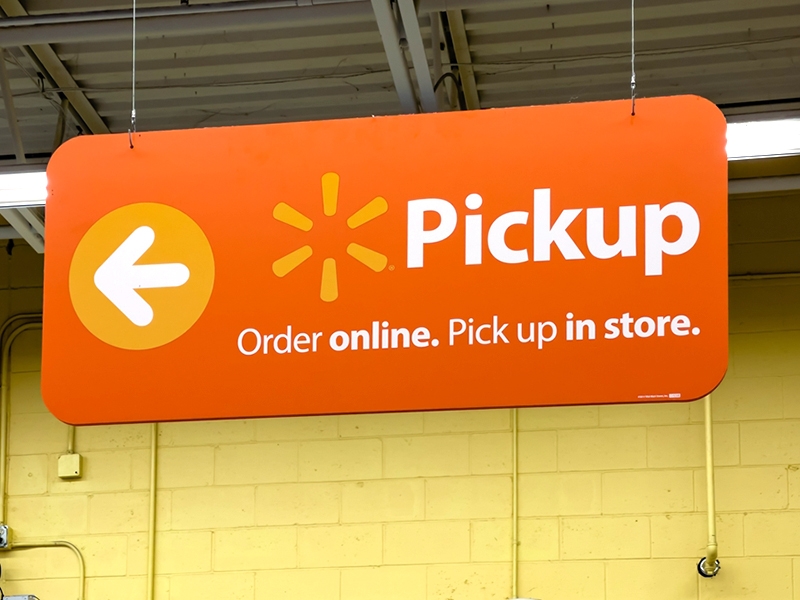
FAYETTEVILLE, Ark. – Providing consumers with information on the environmental and social impact of home deliveries could allow omnichannel retailers to capture $100 billion worth of market share from Amazon, according to a new study co-authored by supply chain management professors at the University of Arkansas.
"We found that many consumers are committed to making more sustainable choices, but more than 80% of them do not inherently consider or understand the adverse sustainability implications of having online purchases shipped directly to their homes," said Rod Thomas, associate professor of supply chain management in the Sam M. Walton College of Business and one of the co-authors of the study. "While focused on sustainable product characteristics, they are often unaware of the additional packaging wastes, energy usage, traffic congestion, or safety issues that home deliveries create."
Thomas and co-authors Remko Van Hoek, also a professor at the University of Arkansas, and Travis Tokar, a professor at TCU, discussed these findings in a Harvard Business Review article published last month.
Thomas, Van Hoek and Tokar demonstrate through an experiment consisting of 200 participants with a range of demographic attributes and from a variety of location types that:
-
When participants were shown that store pickup reduced packaging wastes, emissions, traffic congestion, and vehicle accidents relative to home delivery, store pickup became the more commonly selected channel for 60% of the participants.
-
By simply including online sustainability labels, store pickup more than doubled and home deliveries dropped by 43%.
"By providing sustainability information and shifting a significant portion of their home-delivery volume to the store-pickup channel, omnichannel retailers could improve their margins on the same sales volume and mix" said Van Hoek. "We calculate that Walmart could recapture $1 billion to $2 billion in annual profits, and Target could recoup $200 million to $400 million. These gains represent a 5% to 14% increase in total corporate profitability."
Without physical locations, Amazon cannot offer more sustainable store pickup options. Thus, by educating consumers about the environmental and social costs of home deliveries, omnichannel companies can be rewarded with more profitable sales, higher market shares, and concrete sustainability-performance gains.
About the University of Arkansas: As Arkansas' flagship institution, the U of A provides an internationally competitive education in more than 200 academic programs. Founded in 1871, the U of A contributes more than $2.2 billion to Arkansas' economy through the teaching of new knowledge and skills, entrepreneurship and job development, discovery through research and creative activity while also providing training for professional disciplines. The Carnegie Foundation classifies the U of A among the few U.S. colleges and universities with the highest level of research activity. U.S. News & World Report ranks the U of A among the top public universities in the nation. See how the U of A works to build a better world at Arkansas Research and Economic Development News
Topics
Contacts
Nathan Bramwell, director of marketing and events
J.B. Hunt Transport Department of Supply Chain Management
479-575-2246, nbramwell@walton.uark.edu